4K Restorations Recapture Dust-Laden Moments in the History of Cinema, with 4-Hour Love Marathon Awaiting You
This year, the Restored Classics section as part of the Beijing Film Panorama has been upgraded and expanded into two major sections: "Tribute & Restoration" and "Tribute & Commemoration". The two sections seamlessly integrate film restoration, commemoration, archiving, and the documentation of film history, offering audiences a warm invitation to explore cutting-edge technology, rediscover classics, and share the excitement of cinematic wonders.
Building upon our yesterday's recommendations of Chinese restored films in the Tribute & Restoration section, this press release now turns its attention to uncovering the overseas restored films that deserve recognition.
This year, the Beijing Film Panorama is honored to present Yasujirō Ozu's three films newly restored in 4K: There Was a Father, Record of a Tenement Gentleman, and Floating Weeds. All these films feature the celebrated actor Chishû Ryû, a cherished collaborator of Ozu.
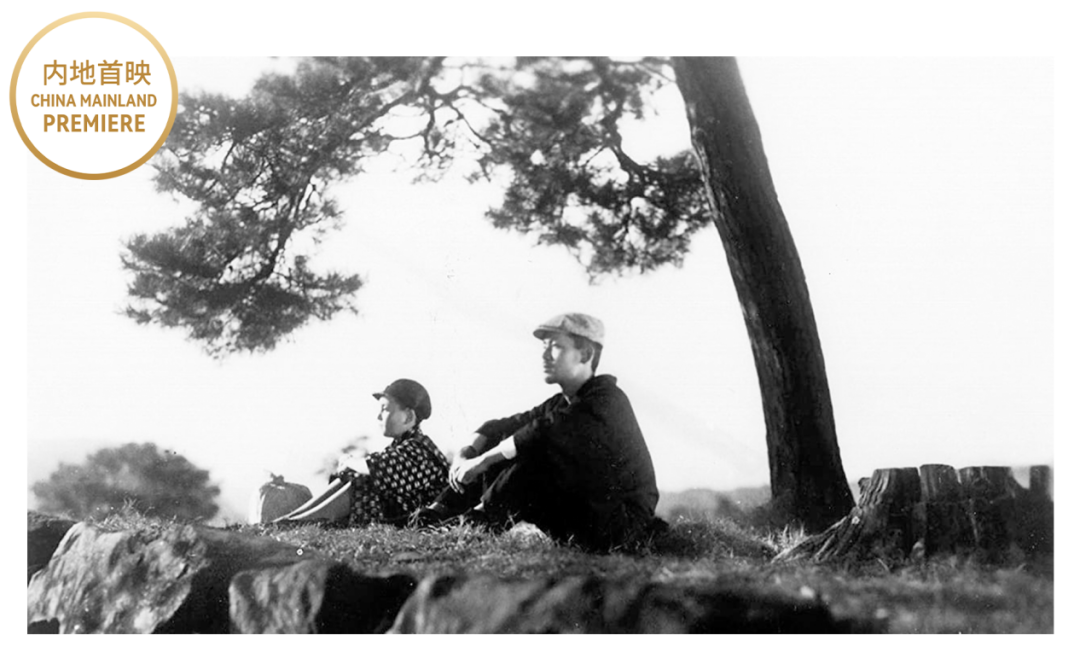
There Was a Father 4K
Highlight
The most tear-jerking relationship between a father and son that perfectly mirrors an ancient Chinese proverb, saying "The son wishes to be filial to his parents, but they are no more."
The new 4K restoration of There Was a Father is the result of a joint effort between the National Film Archive of Japan (NFAJ) and Shochiku Films. This collaborative venture involved digitizing the film by scanning, in 4K, the 16mm original print courtesy of Shochiku Co., Ltd., as well as a 35mm copy (with a runtime of 72 minutes) recently discovered in Russia and held by the NFAJ. By comparing and complementing the visual and audio elements from both sources, the film has been restored to the original presentation as it was in 1942. The restoration work was overseen by cinematographer Mafumi Chikamori, with the execution handled by IMAGICA Lab. Inc.
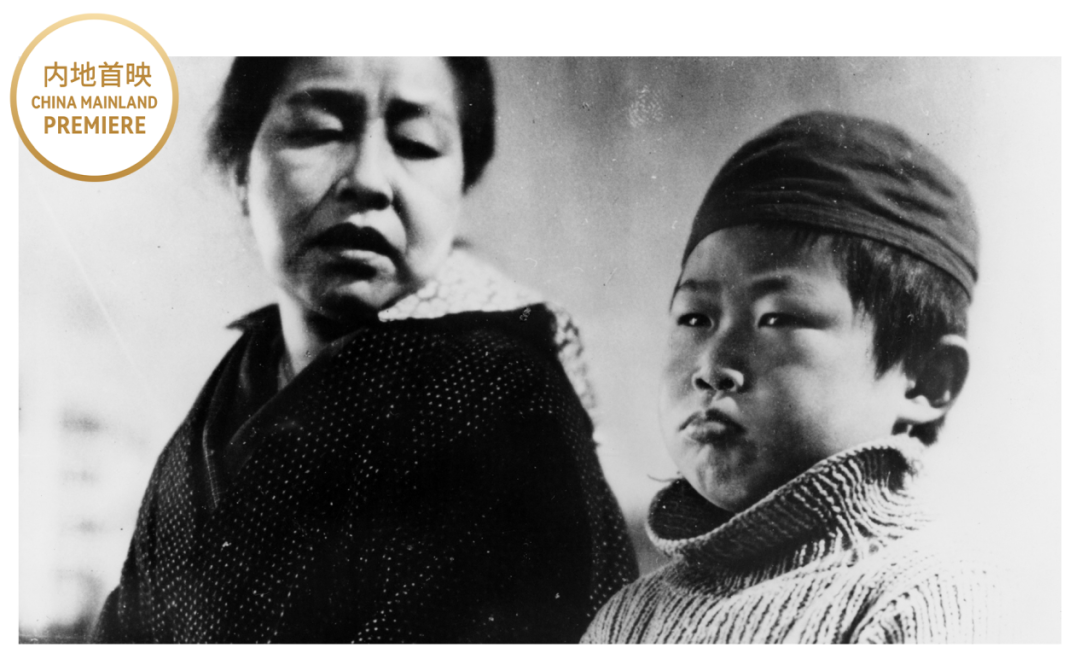
Record of a Tenement Gentleman 4K
Highlight
An exceptional debut in the post-war era, with the pinnacle performance of actress Chôko Iida throughout her illustrious career.
With a five-year gap between them, There Was a Father and Record of a Tenement Gentleman offer intriguing contrasts. The former revolves around a widower who has single-handedly raised his son to adulthood over the years, whereas the latter centers on a widow's transformative journey from aversion to embracing an orphan.
The 4K restoration of Record of a Tenement Gentleman was conducted using the 35mm image negatives as its source, with cinematographer Mafumi Chikamori overseeing the process and IMAGICA Lab. Inc. carrying out the execution.
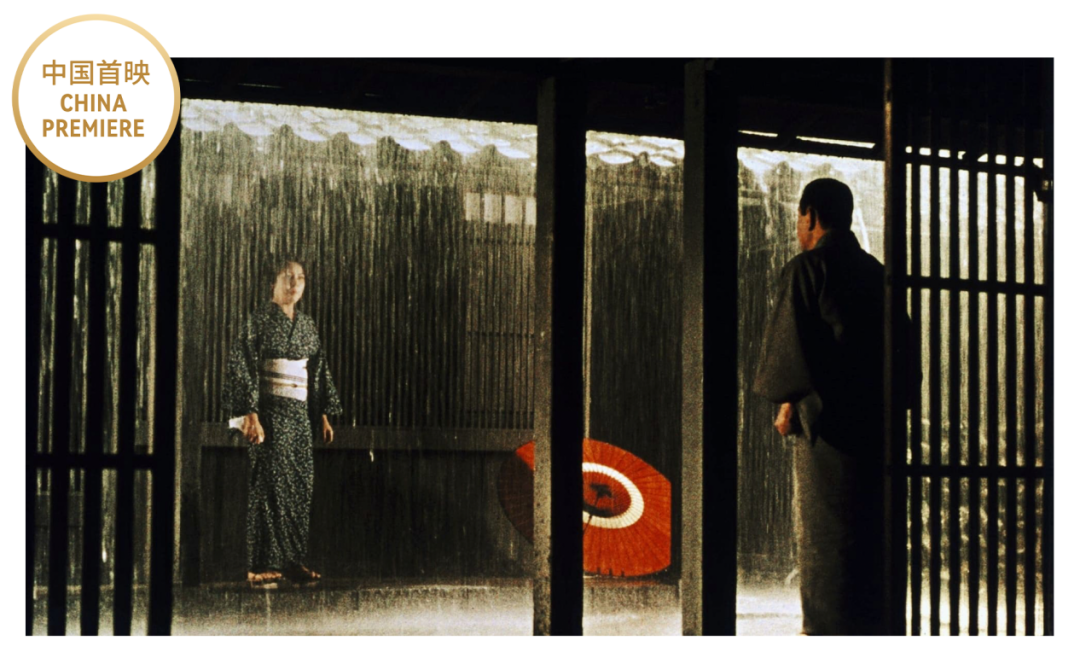
Floating Weeds 4K
Highlight
The one and only self-remake by Yasujirō Ozu, which is considered one of his most splendid masterpieces.
Ozu's body of work frequently explores similar themes and features recurring actors and behind-the-scenes crew members. Floating Weeds distinguishes itself as his sole remake, which is based on his own 1934 black-and-white silent film, A Story of Floating Weeds. Spanning over two decades, Ozu not only transformed the visuals into a more magnificent array of colors in Floating Weeds, but his landmark camera movements and composition also displayed a heightened level of mastery.
Floating Weeds restored in 4K involved the scanning, restoration, and production of the original negatives. The restoration efforts were made under the supervision of Masahiro Miyajima, the longtime assistant to the film's director of photography, Kazuo Miyagawa, and executed by IMAGICA Lab. Inc.
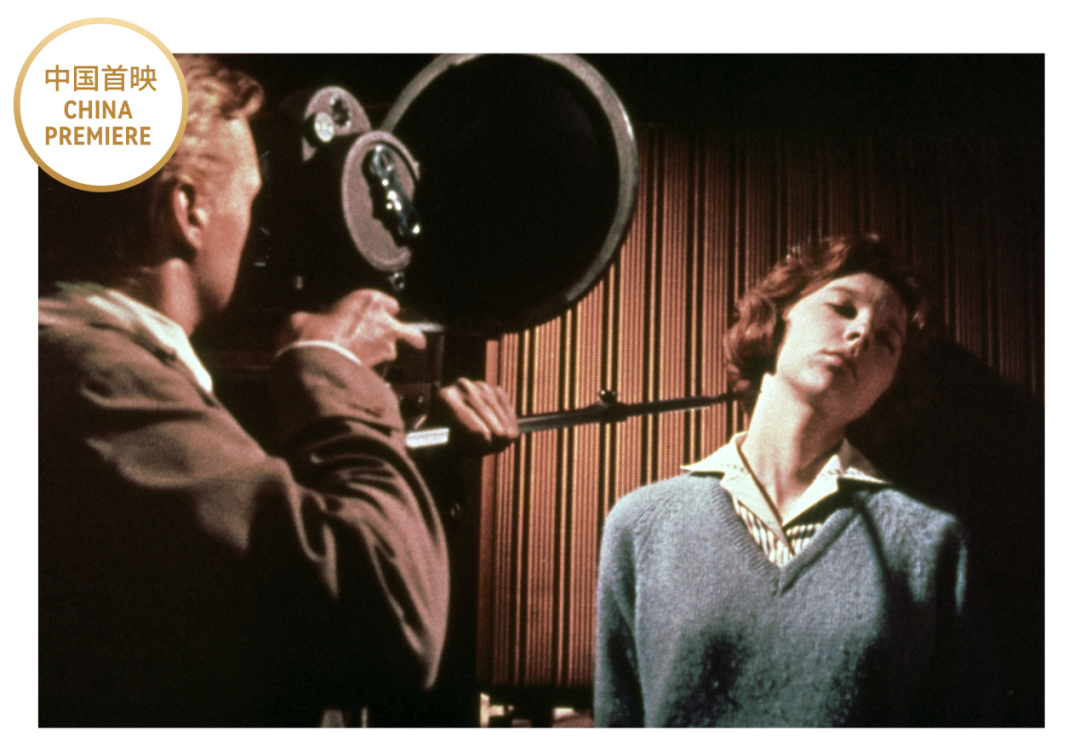
Peeping Tom 4K
Highlight
An extraordinary work of suspense, which represents a mirror image juxtaposition between the movie and its audience.
As a magnum opus of Michael Powell's solo venture, Peeping Tom took a great deal of flak from the British media upon its premiere. The film's thematic focus on voyeurism, the murderer's subjective perspective, and its explicit visuals were deemed far too progressive for the audience at that time, leaving Powell on the verge of directorial ruin with this cinematic debacle. Despite this, Peeping Tom has gained significant recognition since the 1970s and is widely considered as a paragon of modern horror films by industry insiders and viewers alike.
In 2023, Peeping Tom was back to the spotlight with a 4K restoration by the Film Foundation and the BFI National Archive in association with StudioCanal. Martin Scorsese and Thelma Schoonmaker, the renowned film editor and widow of Powell, were actively involved in overseeing and providing feedback for the restoration project.
Made in England: The Films of Powell and Pressburger, set to have its Asian premiere in the "Tribute & Commemoration" section at the BJIFF, is a highly anticipated documentary of the year that explores the extraordinary collaboration between the legendary filmmaking duo of Michael Powell and Emeric Pressburger, with a special appearance by Martin Scorsese. The magic will be intensified when experienced in combination with Peeping Tom.
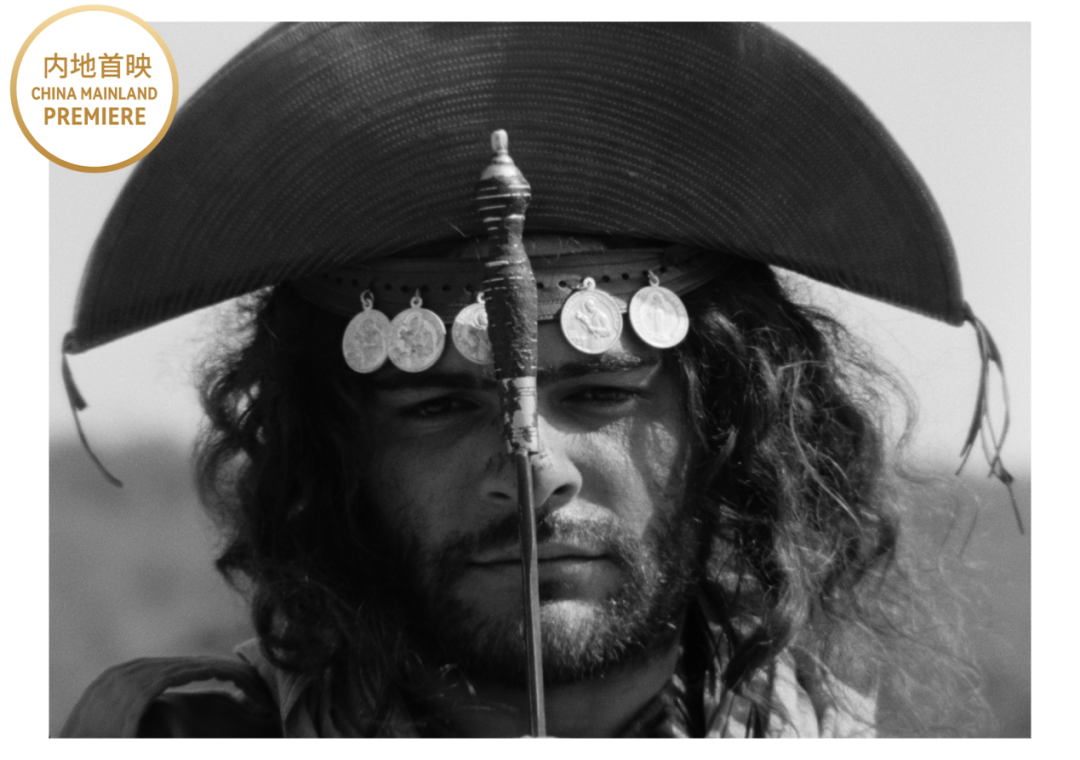
Black God, White Devil 4K
Highlight
An audacious masterpiece by the genius director, Glauber Rocha, crafted at the youthful age of 25, which has left an indelible mark on the history of Brazilian cinema.
Black God, White Devil is hailed by critics as the greatest achievement in Brazilian cinematic history. Glauber Rocha, a prodigious director who rose to prominence at a young age, made his mark in the industry with his debut film The Turning Wind and even earned a spot in the Competition section of the Festival de Cannes for his second feature Black God, White Devil. At the tender age of 25, he became a key figure of Cinema Novo in Brazil.
In 2023, Cinemateca Brasileira carried out a comprehensive 4K restoration of Black God, White Devil, revitalizing this globally significant masterpiece and breathing new life into its historical presence. Noteworthy is the fact that this monumental undertaking by Cinemateca Brasileira signifies a tremendous accomplishment, as it signifies a triumphant resurgence after enduring a 16-month hiatus caused by a devastating fire incident in 2021, despite facing numerous difficulties and challenges along the way.

L'amour fou 4K
Highlight
A theatrical mise-en-abyme in Rivette's camera system rife with dual narratives, dual formats, and a complex web of romantic relationships.
In the 1960s, the other side of the Atlantic brimmed with a multitude of film waves and movements. In the pantheon of the French New Wave's "five influential figures", Jacques Rivette stands as a figure who, despite being an integral part of this legendary cohort, has somewhat slipped under the radar and been unjustly undervalued. L'amour fou blends together various elements that made the French New Wave renowned: low budget production, location shooting, unconventional narrative form, experimentation with diverse aesthetic patterns, and a keen focus on capturing the societal, cultural, and moral complexities of its contemporary era.
The 35mm original of L'amour fou was burned in a fire at the GTC laboratory in 1973. Therefore, the restoration efforts for the film have relied on a diverse range of materials kept at Les Archives du Film and in Éclair-Préservation. The film was restored at Hiventy's lab in Boulogne-Billancourt, under the supervision of Caroline Champetier, one of the most prominent female cinematographers in contemporary French cinema.
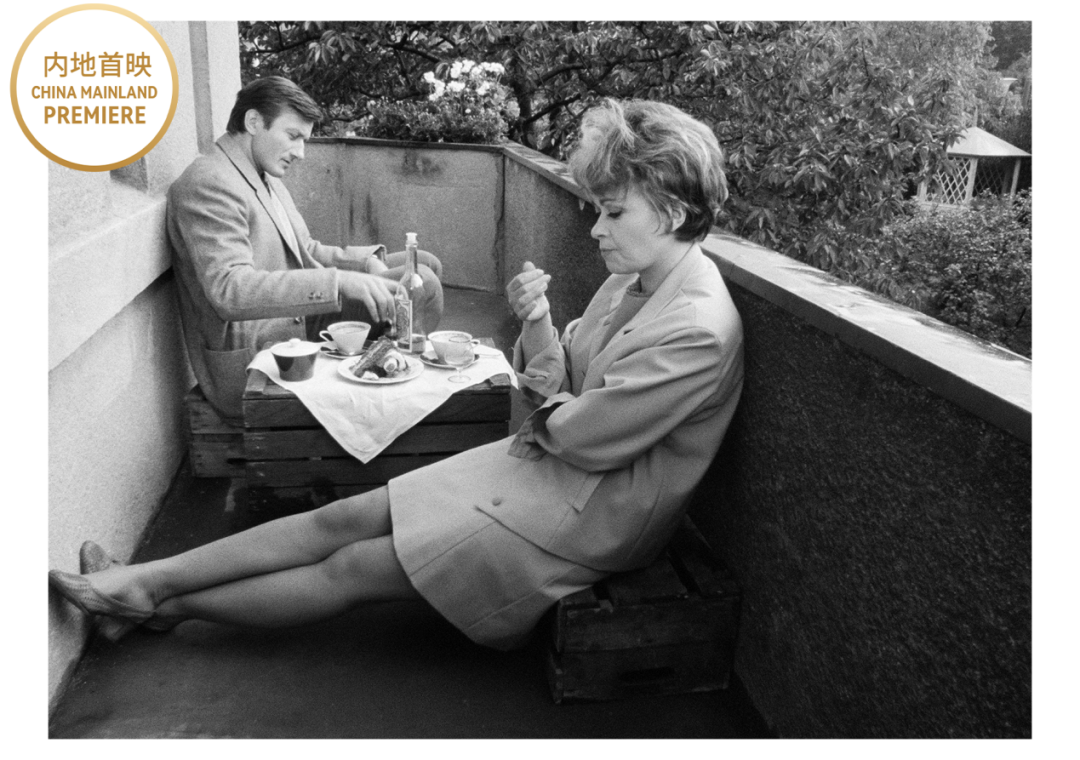
The Ear 4K
Highlight
The Czech rendition of The Lives of Others, which encapsulates the profound concept of the unbearable lightness of being.
One of the remarkable achievements following the initiation of the Czechoslovak New Wave (also Czech New Wave), The Ear, is said to have found its inspiration in the genuine encounter of screenwriter Jan Procházka being under surveillance. After completion, the film was immediately banned and remained unseen until its reemergence two decades later, earning it a spot in the Competition section at the Festival de Cannes. The meticulous construction of suspense and thriller ambiance in this film rivals that of the critically acclaimed The Lives of Others, which has garnered a well-deserved place on various film rankings.
The 4K digital restoration of this film was a collaborative effort between the Karlovy Vary International Film Festival, the National Film Archive, the State Fund for Cinema, UPP, and Soundsquare, a sound production company.
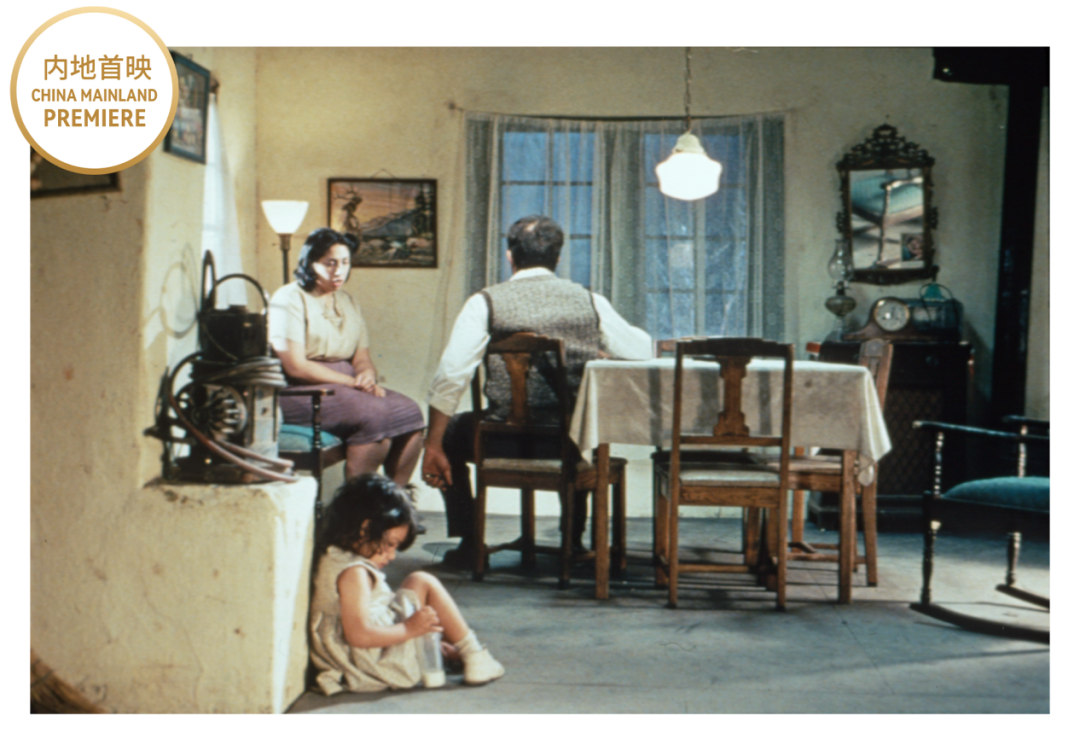
Deep Crimson
Highlight
A more gruesome tale of male and female bandits, which exemplifies the legacy of Buñuel's distinct style.
Prior to the dominance of the "Three Amigos" at the Oscars in recent years, Arturo Ripstein, acclaimed as the "godfather of independent Mexican cinema", stood as a prominent figure in Mexican cinema. In his early career, Ripstein served as an assistant to Luis Buñuel, earning him the title of a true heir to Buñuel's style as a filmmaker. Within the genre of male and female bandit stories, Deep Crimson portrays a level of madness and intensity that surpasses that of its Hollywood counterpart.
This film has been restored and digitized in 4K by the National Film Archives of México, Imcine, and the Churubusco Studios, using the original 35mm negative to generate the resolution of a 2K DCP.
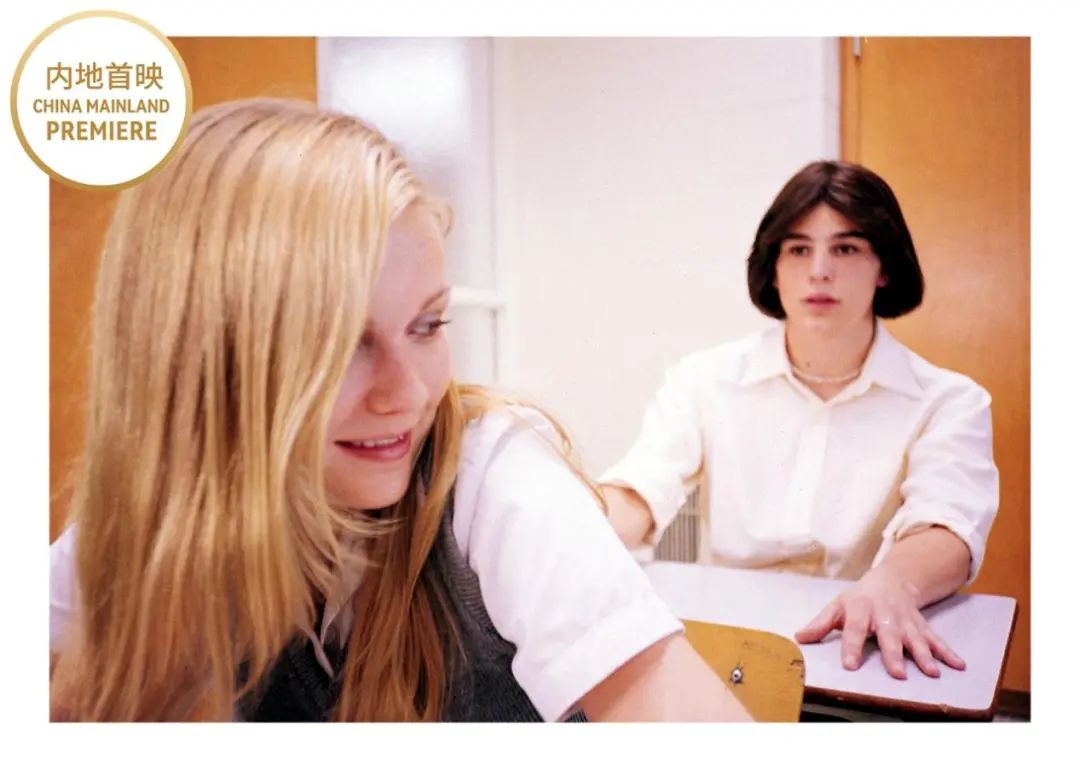
The Virgin Suicides 4K
Highlight
Sofia Coppola's feature directorial debut, which earned a spot on Cahiers du Cinéma's annual top 10 list.
Sofia Coppola's directorial debut, The Virgin Suicides, has already showcased her maturity and prowess in filmmaking, not only being selected for the Directors' Fortnight at the 1999 Festival de Cannes but also sharing the seventh spot with Yi Yi: A One and a Two on the annual top ten list of the French publication, Cahiers du Cinéma, in 2000. The 4K digital restoration of The Virgin Suicides, approved by Sofia Coppola, was supervised by cinematographer Edward Lachman.
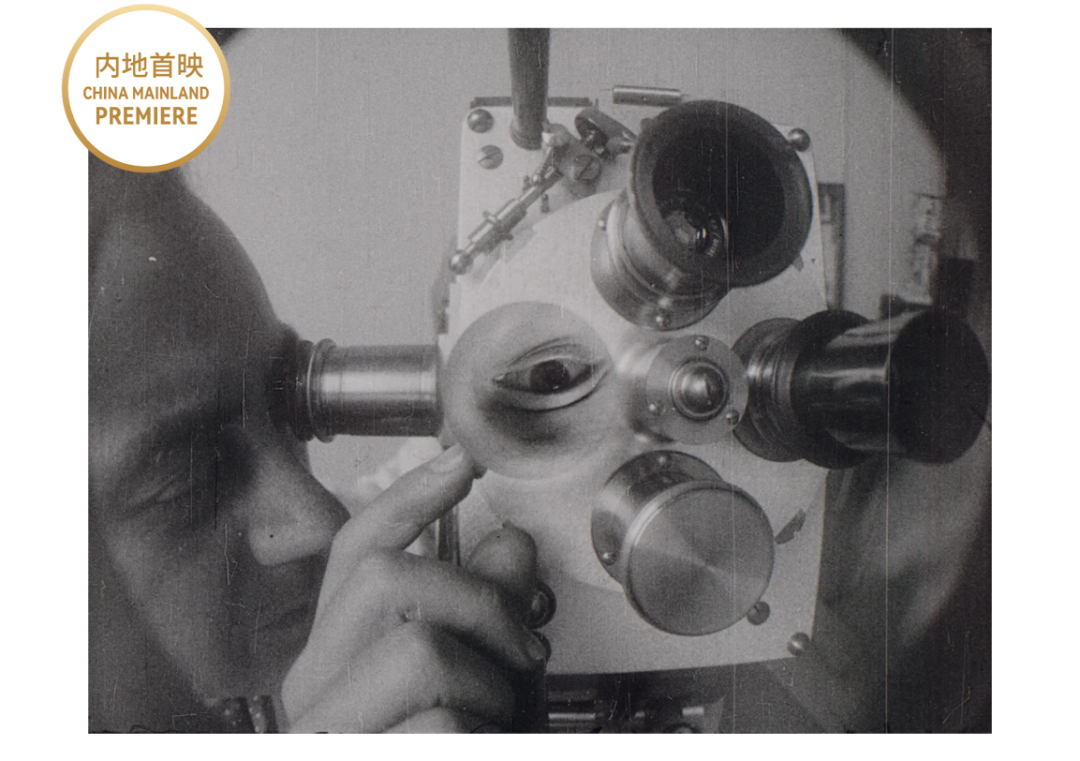
Return to Reason 4K
Highlight
The rare screening of the revered short film quad by the master of modernist art, Man Ray.
The standout film in this lineup is arguably Return to Reason, which offers a truly rare and exceptional viewing experience. This anthology consists of a collection of four short films by Man Ray, including L'Étoile de Mer (1928), Emak-Bakia (1927), Le Retour à la Raison (1923), and Les Mystères du Château de Dé (1929). Le Retour à la Raison (1923), a short film by Man Ray, marked his directorial debut and is widely regarded as the first surrealist short film.
Man Ray, an artistic explorer, was at the forefront of experimenting with special photographic techniques in his creative endeavors in the world. His groundbreaking contributions greatly expanded the realm of photography and cemented his position as one of the most significant pioneers in the history of contemporary photography. This collection of short films, Return to Reason, offers an excellent opportunity to delve into his artistic vision.

In honor of the 100th anniversary of Man Ray's seminal works, the restoration of Return to Reason took place in a groundbreaking 4K format. Spearheaded by the Bologna Light & Shadow Reproduction Studio, an arduous search for original film prints was conducted worldwide. The successful restoration project was accomplished through collaborations with esteemed institutions, including the Cineteca di Bologna, The Cinémathèque Française, the Beaubourg, the Library of Congress (LOC), and the National Centre of Cinematography and Animated Pictures.
Notably, in 2023, director Jim Jarmusch and Carter Logan, a member of his band Sqürl, composed original scores for these four short films, which effectively transformed them into a cohesive and unparalleled artistic creation.
Stay tuned for more exciting additions to the amazing lineup of the "Tribute & Restoration" section, as a selection of restored masterpieces will be announced through official updates from the BJIFF.

Comments from Movie Fans



Tips for Viewing
In case of any changes to the film lineup, please refer to the actual official screening schedule. Stay tuned for more exciting content about the Beijing Film Panorama.
Please download the Beijing International Film Festival APP for more interesting content

